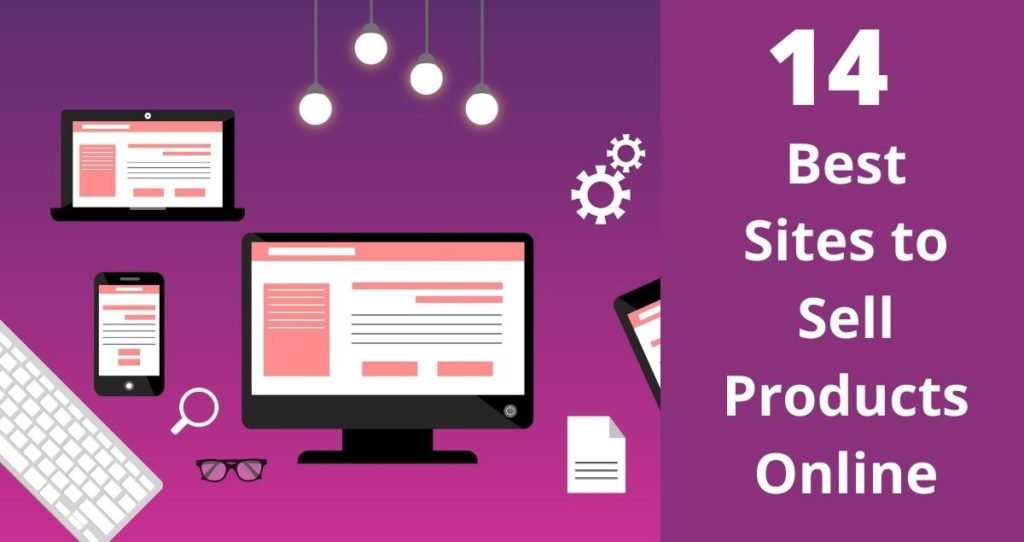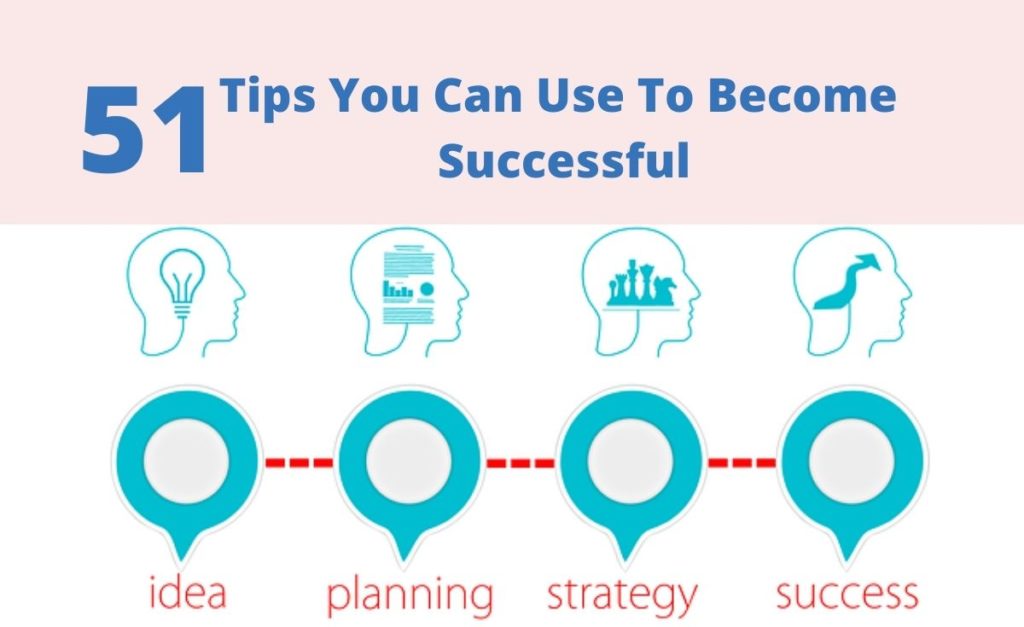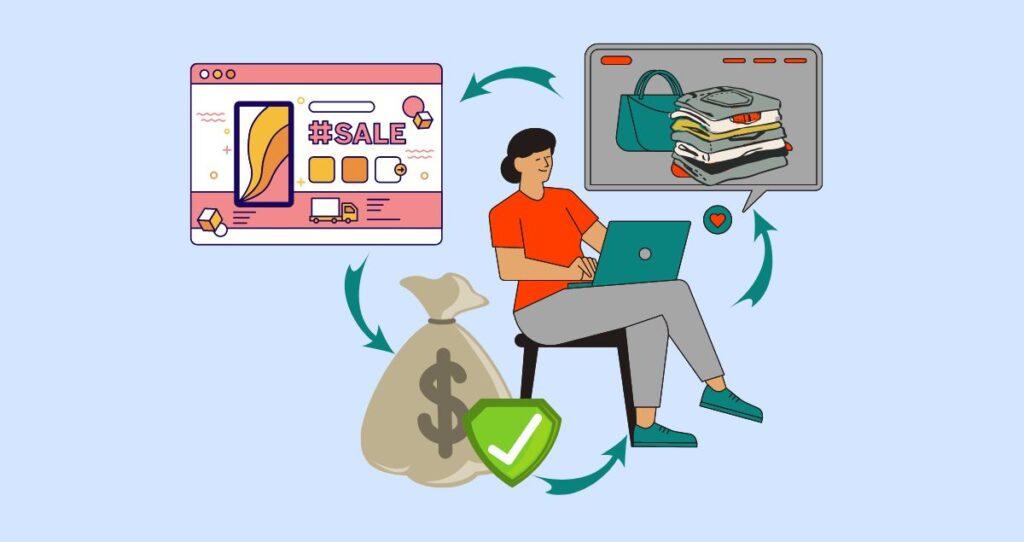Turning a hobby into a successful business often sounds intimidating but the journey is easier than you think. The only thing you need to do is to figure out how to make money from your hobby by following business principles and practices. That is how simple the process is.
If you have a hobby that you love so much and you are looking for ways to go from hobby to business; you have come to the right place. This article will show you exactly how to turn a hobby into a successful business. No matter the product you make or how long you have doing it, the process will be the same. By following this step-by-step guide, you will never have to worry about the profitability or success of your business.
Before we get into turning your hobby into a successful business, let’s evaluate the difference between a hobby and a business.
What is a hobby?
You probably know what a hobby is if you are looking for ways to go from hobby to business. But, let’s see how a hobby is defined based on Merriam-Webster’s dictionary. A hobby is a pursuit outside one’s regular occupation engaged in especially for relaxation.
There you have it. To make it easy to understand, a hobby is something you do for fun without getting paid for it. You love doing it whether you get paid or not. Think of this as you sitting in your own living room making a blanket with your own hands through knitting. You love doing it and you don’t mind doing it.
That is a hobby. You are not getting paid to do it. But you are happy doing it.
The question is: How can you continue to make your favorite blankets, for example, and get paid at the same time? In other words, how can you turn your hobby into a business?
That is what I will walk you through in this article. I will show you exactly how to turn a hobby into a profitable business.
What is a business?
A business is a practice in which you engage in activities of buying and selling goods and services. The main goal for businesses is to make profits. Without profits, businesses do not run properly and eventually cease to exist. Businesses come in many forms and sizes.
The size of the business can directly affect its:
- Functionality
- Structure
- Tax
- Growth, and
- Profitability.
If you want to turn a hobby into a business, you will need to understand the principles of running businesses and what makes them successful. You must have a business mindset in order to build a successful business around your hobby.
The good news is that the process of turning a hobby into a successful business is simple. Trust me, after reading this article, it will become much easier to build a profitable business from your hobby.
Difference between a business and a hobby

After going through the definitions of business and hobbies, you can clearly see where we are heading. You have been doing everything for fun. Your next task is to transition from doing something for fun to getting paid to do it. The hobby was there just for internal happiness.
Now you want to make money from it. You are no longer knitting those blankets for fun. You can still have fun doing it. However, money is now a major factor.
The real difference between a hobby and a business is the intention. When you turn a hobby into a business, your intentions go from fun, passing time, and internal satisfaction to making money (profitability). You are trying to transition from fun to money. The requirements and steps you need to take will be completely different.
For example, there is no time constraint when you are doing something for fun. But, if you are in business, you must complete your customers’ orders on time and avoid delays as much as possible. You can’t stay in business for long if you cannot meet your customers’ demands.
This article is going to be a complete guide to your hobby to business journey.
Without further ado, the following are 13 important steps you must take to turn your hobby into a business.
You might also like: 13 reasons why businesses fail really quick
1. Conduct market research and study your competitors
Before you sell your products to customers, you will first need to know who your customers are, how many, their behaviors, and the economic conditions that affect your market. Before you worry about any other step of transitioning from hobby to business, you need to know if there is anyone willing to buy your product.
You have been working on your wonderful products and sold them to friends and family members. However, you did not test the same product to a large audience. You don’t know if other people will like it or how many will want to buy it. It is possible that people around you bought your products not because the product was good but to support you.
That is why you will need to study the market before you start mass production.
During the market analysis, you will also need to understand your competition. Always remember that you are not the only person who is making that product. There is competition out there and some of your competitors have been in business for a while. They know how to make those products and successfully sell them to their customers. So, you need to know what you are dealing with.
Your competitors will show you exactly what is selling and what is not. Also, you will need to meet customers’ demands that your competitors are not meeting. That is how you stand out from the crowd.
Furthermore, the market analysis will help you charge the right amount, know the best location, the size of your market, how many customers you would expect to buy from you, how often, etc.
Related: 8 reasons why competition is good for business
2. Build your brand
Your business will be represented by the product you sell. The uniqueness of that product and its quality compared to your competitors will give you long-lasting customers.
So, before you worry about going from hobby to business, build your brand. Craft a product that is hard to beat and make sure that it will stand out for a very long time.
A good product also requires a good team. Make sure you have a strong team around your product ready to launch your business. Your brand will make all the difference. Differentiate yourself from your competitors. That is how you stay alive longer in this very competitive world.
3. Write a business plan

Your business plan is like a blueprint for your business. In order to turn a hobby into a business, you will need to come up with a detailed plan that shows the goals of your business, how you will achieve those goals, and more importantly, how long those goals will take.
One mistake many entrepreneurs make when starting their businesses is forgetting a business plan. They think they got it. After spending every penny they have, they realize that they need more money and none to turn to. We all know what comes next. As reported by Fundera, according to the statistics from the Bureau of Labor Statistics;
- 20% of small businesses fail in their 1st year
- 30% of small businesses fail in their 2nd year
- 50% of small businesses fail in their 5th year, and finally,
- 70% of these businesses fail after year 10
The purpose of these statistics is not to scare you. Instead, these statistics are here to show you that you need to do what these businesses don’t do if you want to survive. It is true that most businesses fail. But, some businesses survive. Your job is to do what successful businesses do while avoiding the mistakes of failed businesses.
You can increase your survival rate by simply making a business plan for your business. The good news is that you have a product already. What you need to do is make up a plan on how you can turn that hobby into a business, reach more customers, and follow all business practices.
What is a business plan made of?
Your business plan will have details on the following main points:
- Executive summary
- Your company’s description: What does your business do and what does it bring into the world
- Market analysis: You can’t sell to everyone. So, you will need to know your target market and the industry
- Its organization: Who will run the business, is it a corporation, LLC, Partnership, etc?
- Product and service your business provides: Your product will be the one you are making as a hobby
- Marketing and sales: This section shows how you will reach new customers and retain them
- Funding: Shows where will you get the money and how much you need to start and run your business
- Financial projections: How much money are you planning to generate with your business
- Appendix: In this section, you write down additional information and resources that support what you have in your plan
Starting and running a business without a business plan is like driving your car blindfolded. You can’t tell where you are going or when you are driving off the cliff. The only thing you can do is hope that the car stays on the road and nothing bad happens.
You can’t run a business like this. That is why in order to turn a hobby into a business, you need to know how businesses work and make a specific plan to guide you from hobby to business.
4. Pick your business location
Every business has a location. No matter how big or small, you will still need to have a location. Many people start their businesses in their basements and change the location when they have more customers and staff.
What about yours? Do you have enough space at home? Can you keep making the same product at home? If you have enough space in your house, run your business from home. The trick here is to spend little to no money on things that do not bring revenues to your business. You don’t want to lease a $50,000/month space before you make any sales.
But, if you need more space after turning your hobby into a business, you will then need to find another location.
Before you pick any location, you will need to do research about that location.
For example, if you are making donuts as a hobby and now want to turn that hobby into a business; you can’t just put a donut shop down the street or in your basement. What if you live in the countryside? You can’t just put a shop anywhere.
Your business will exist only if you can sell your products to customers, bring in enough revenue, and hopefully a profit. Without making sales, your business will die a hobby.
Location matters
That is why when choosing a location, you need to pick a location where you will get more customers. You need to go where customers are. A good starting point in finding the best location is to see where your competitors are based.
If you go with the donut shop, for example, you will need to know how many donut shops are in the area and where they are positioned. Knowing this information will help you know exactly where to put your own donut shop to attract some customers and steal customers from your competitors.
Have you seen fast-food restaurant locations? They are all based near shopping centers, work areas, and busy street corners. In addition, they are all based in the same locations. Within a city block, you can see Burger King, Wendy’s, 5 Guys, Subways, MacDonald’s, KFC, Taco Bell, Chick-fil-A, etc. Why do they pick the same location? Because they studied the location and realized it was the best place to build their restaurants within that geographical area. In addition, if you change your mind about KFC, there are 5 more you can choose from. That is how they steal customers from each other. You gotta play it smart.
5. Choose a business structure

Your business structure will directly affect everything about your business. There are three important points to consider when picking a business structure.
(1) The way your business is managed and run
(2) Tax
(3) Risk
Based on where you stand on these 3 points and the resources you have; you will need to choose a structure that benefits you the most.
There are many business structures to choose from. These business structures are listed below.
- Sole Proprietorship: Just you running it but it comes with unlimited liabilities
- Partnership: Two or more people. It also comes with liabilities.
- Limited Liability Company (LLC): Two or more people and liabilities are tied to the business only
- Corporation ( C Corp, S Corp, B Corp, close Corp): Owners are not personally liable
- Non-profit corporation: One or more people and owners are not personally liable.
- Cooperative: Many people
All these business structures pay tax except the non-profit. The tax you pay depends on the structure of the business. For example, with Sole Proprietorship, the tax will be personal tax whereas, for the B-corp, the tax will be corporate tax.
You will need to understand how you want to structure your business in order to take advantage of taxes and minimize risks.
6. Come up with a business name
Every business that is legally registered has a name. You did not have to name your hobby. But, since you are on the hobby to a business journey, you must have a name for your business.
Having a business name has a lot of benefits. The following are some of the benefits of having a business name.
- The name distinguishes you from your competitors
- It makes it easy for your customers to find you: Whether your customers are searching online or driving to your physical location, they will need to know where you are located and the name
- The name helps you register the business
- Your business sounds legit especially when hiring employees. No one will work for a business with no name.
- The name is used for tax purposes and legal actions
What is a good business name and how to name your business?
Naming your business can be tricky especially when you don’t have experience or have never done it before. But it can be easier with the right strategy.
A good way to name your business is to give the business a name that resembles the product you make. Customers should read your name and be able to tell what you do without reading your business description.
For example, if you make cookies as a hobby and want to turn your cookie hobby into a business, your business should include cookies in it. Or something related to baking cookies or sweets.
The name for your cookie business could be Freshy Cookie, Cookie Delish, Cooky Power, or anything cookie that you want to name the business.
7. Have your business registered
Before you can legally conduct your business activities, you will need to have it registered. The process of registering your business differs from state to state and its structure. Keep in mind that those who conduct their businesses as individuals might not need to have them registered. But, if yours is not registered, you will not take advantage of taxes and other benefits that come with owning a business such as liability protection.
In order to register your business, you will need to contact your local government or city. You will most likely complete a form and follow their requirements and procedures.
It is a good idea to register your business in the states where you conduct business. This usually applies to corporations, non-profits, and LLCs.
8. Get your state and federal tax ID
Having a business means that you will pay taxes. In order to pay taxes with your business, you will need a federal and state tax ID a.k.a Employer Identification Number (EIN).
This is the same number you find on your W2 from your employer. The EIN is assigned to your business and it is unique for your business. If you have employees, file tax returns, withhold tax, have a corporation, etc., you will need to get an EIN.
9. Get permits and licenses where necessary
There are businesses that are regulated by both the state and the federal government. If you conduct such businesses, you will need to get permits and licenses before launching your business.
For example, you cannot open a liquor store and start selling alcohol without a permit. There are many businesses that are regulated and yours could be one of them. Make sure that you get all licenses and permits necessary before you start selling your products. Otherwise, your business could be shot down on day one.
10. Have a business bank account

You should never mix your personal and business bank accounts. Having a business comes with a lot of risks. That is why mixing your personal and business accounts is a bad idea.
A business bank account comes with a lot of benefits. For example, there are many businesses that get into legal issues because they mix their personal expenses with businesses.
In addition, having a business bank account will help you with taxes, stay compliant with the law, take advantage of borrowing, etc.
So, before you officially start your business, open a business bank account. This way, you will look professional and stay out of trouble.
Related: Can I use a personal credit card for business expenses?
11. Launch your business
Now that you have done your homework and checked every box, it is time to launch your business and start making that money. You have successfully gone from a hobby to a business. At this time, the only thing you have to do is to make sure that you follow the steps you put in your business plan.
Make sure that you have enough products on your first day. Some businesses ran out of products a few hours after launching. Depending on the nature of your business and the marketing strategies you used for your business, you could run out of products.
For example, if you are opening a brand new restaurant and everyone in the area knows about it, you could run out of food. You don’t want people to leave saying, “That new restaurant ran out of food a few hours from opening.” Do your homework, get prepared, and have enough products to satisfy all of your customers.
The world is changing for good and if you are not changing with it, you are falling behind. Everything is turning digital and you cannot stop it. The only thing you can do is roll with it.
Having a business in this century requires that you have a website and social media accounts. Even if you don’t sell products online, social media accounts and a simple website are a must-have.
What do you think people do when they want to know the best seafood restaurants in the area? Well, they head to Google and type: best seafood restaurants in X location. Any seafood restaurant in that area that has an online presence with a website submitted to Google will show up. The customer will then choose one of them and order the food online or drive to that specific restaurant.
You got the idea.
If your restaurant does not have a website or social media accounts, it will not show up. What it means is that you will lose all customers in your area who want to order online or search business locations online. And almost everyone is searching and making orders online from the comfort of their couches. So, you will not have customers.
You must have an online presence and a website with a reachable address. If possible have an option where people can make orders online.
At the same time, have social media accounts and start acquiring followers. Some of these followers will become your customers. Those who will not buy will recommend you to their relatives. It is a win-win.
13. Get yourself a lawyer
Depending on the nature of your business, it is always a good idea to have a business lawyer who advisor you on a daily basis. Remember, there are people out there who want you to fail. They are looking for any inconsistency in your business practices. Once they find something small, you will get a lawsuit.
A lawyer could guide you through some legal activities you should avoid and improvements you can make to stay compliant. It is always a good idea to prevent a problem from happening than solve one.









